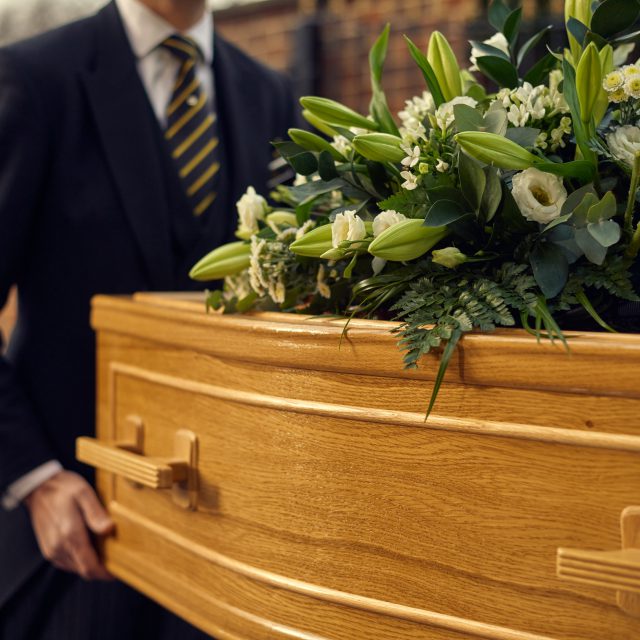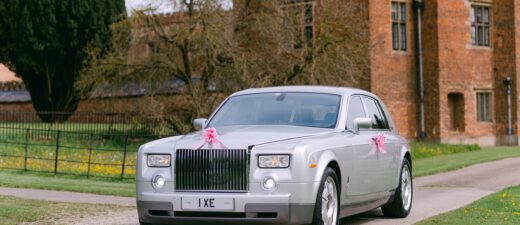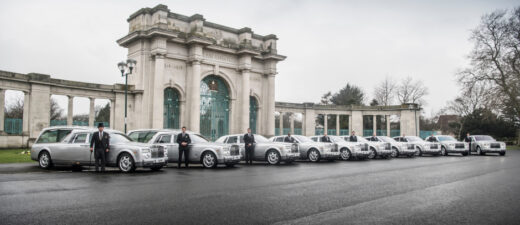Burial Services in Nottinghamshire, Derbyshire and Mansfield
There are various choices for the place of burial in Nottinghamshire, Derbyshire and Mansfield which you can discuss with your A.W. Lymn funeral director, including:
Types of burial
Churchyards
The traditional place of burial for those living within a parish is the churchyard.
A parishioner is defined as one who normally resides in the ecclesiastical parish in question.
Additionally, a person on the church electoral roll at the time of death and a person happening to die in the parish also have a right of burial in the churchyard.
The person paying fees for a churchyard burial does not obtain ownership of the grave, nor even, in strict law, the exclusive right of burial therein. All land in a churchyard remains the property of the church authorities unless granted to an individual by a faculty at the discretion of the chancellor of the Diocese concerned. There are therefore no grave deeds.
Local Authority cemeteries
The provision and management of local authority cemeteries is regulated by the Local Authorities’ Cemeteries Order 1977, covering issues including layout, repair and access.
Privately owned burial grounds
Privately owned burial grounds can be divided into various categories:
- Cemeteries owned by commercial organisations or private companies and operating in much the same way as Local Authority cemeteries.
- Burial grounds for specific denominations or religions, exclusively for members of their own communities, such as convents. In the larger conurbation burial grounds for Jews, Muslims and Parsees are often to be found.
- Burial grounds on family estates, including country estates with burial grounds for family members or a family mausoleum, for example at Castle Howard in Yorkshire.
- Woodland burial is increasing in popularity as concerns for the loss of trees and wildlife become widespread and several councils, private companies and individuals have recognised that burial facilities can be designed to offer many benefits to wildlife, whilst also introducing greater choice for the bereaved. Woodland graves offer a return to nature for those who wish to be buried in areas where trees, shrubs and wild flowers grow.
- Burial in private ground, other than a churchyard or cemetery, is not forbidden by law, although no new private grounds can be opened without the consent of the local Environmental Health Authority.













